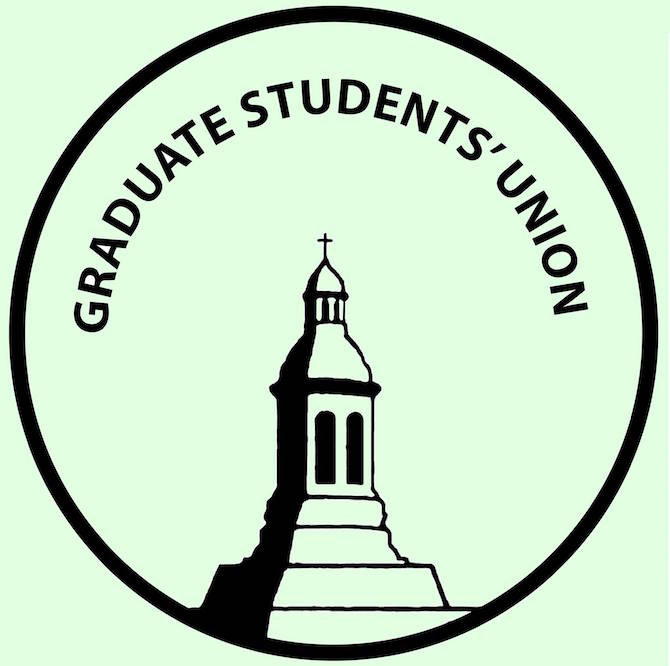
The report is set to address the long-term controversy surrounding the amount of hours that teaching assistants are obliged to work, and the pay that they receive. In January, Trinity News published an article which highlighted that TAs in several departments are being forced to work long hours on reduced wages, or without pay.
Hegarty, when running for election, highlighted the necessity of increased support for PhD and other graduate students. To the best of Hegarty’s knowledge, the matter of enforcing guidelines on working hours and pay has never been formally addressed by the GSU. She said that recently the GSU have been very busy with the “madness of postgrad week”, and as such have not had time to focus their energy on the production of a report.
However she claims her “main focus for this term” is now to “produce the highest quality report that we can” and to look at the issue from a “variety of angles”. Outlining the intentions of the GSU in producing such a report, she insisted that a well informed “grounded in research” would be absolutely crucial. The “standardization of teaching” with regards to “assistant responsibilities and compensation” is the main topic the document will examine, and that this standardization would be determined by the teaching assistants themselves.
Gianna claimed that an established “working group” of postgraduates “engaged with the topic” will be a central source of research for the paper. Getting feedback on how the teaching assistants “feel they have been treated” and also the “practicalities of their roles” including hours of preparation time and pay.
She elaborated that as “TA responsibilities are so specific to schools”, and students have “vastly different experiences” with teaching assistance, it is important to engage a variety of teaching assistants directly in order to “include as many facts” as possible.
Much of this information gathered will then be compared to what is outlined in “black and white” in postgraduate student handbooks regulations regarding teaching assistance.
Employment and research security is at the heart of this issue. As Hegarty put it, for PhD students engaged with teaching “you have to be very aware that these [teaching superiors] are the people in your field that you are going to be working with and getting references from… and mentoring you in this academic world”, and as a result anonymity is sought by many teaching assistants speaking on the topic.
It would appear that teaching assistants are reluctant to speak out in protest of their working conditions in fear of jeopardising their academic prospects. With regards to overcoming this hurdle in research, Hegarty said that there are “different levels of anonymity” and that the year, sex, and faculty of an individual student could be given in the report.
She was wary of giving a month in which the report would be published, also stating that the report could be something worked on “after term officially ends” as “postgrads will still be on campus.”
In conclusion she stated that the nature of the report would “show college what the actualities of the situation are”, and are taking a very “measured approach” towards the documents preparation. It is for this reason, she claims, that “our first step was not stating what we want”, but rather “raising awareness” and getting “students voices out there.”






